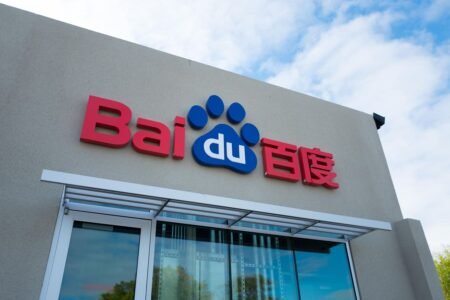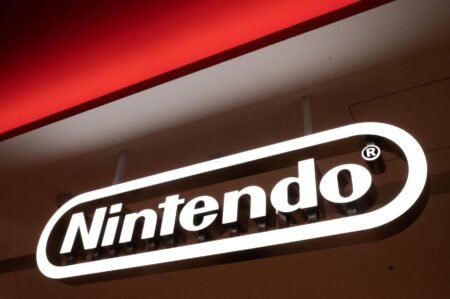Roche’s stock price has seen a decline over the past year, trading at $35 per share, down from its peak of $53 in April 2022. This underperformance is in contrast to its peer Bristol Myers Squibb, which saw a 48% decline over the same period. Furthermore, Roche has consistently underperformed the broader market, with returns of -24% in 2022 and -7% in 2023, compared to the S&P 500’s returns of -19% and 24% in the same years, respectively. This trend of underperformance has been seen across the Health Care sector, with even heavyweights like UNH, JNJ, GOOG, TSLA, and MSFT struggling to beat the S&P 500.
The uncertain macroeconomic environment, characterized by high oil prices and elevated interest rates, raises questions about Roche’s future performance. With a current valuation estimated at $37 per share, there may be limited upside for investors in the short term. However, the company’s pipeline, including an experimental weight-loss drug and a breakthrough blood test for Alzheimer’s, could drive future growth. While Roche’s pharmaceutical business may see slow growth, its diagnostics segment is expected to rebound, potentially boosting the stock price over time.
The inflation shock in 2022 has impacted Roche’s stock performance, with heightened inflation rates leading to market turbulence. The Fed’s response to this shock, including aggressive interest rate hikes followed by a period of stabilization, has influenced market sentiments. Roche’s performance during the 2007-2008 crisis saw a decline in stock price followed by a recovery, similar to the broader market trend during that period. However, the company’s fundamentals remain strong, with a diverse portfolio of drugs driving revenue growth.
Roche’s revenue has declined primarily due to lower demand for Covid-19 testing, offset by growth in new drugs like Perjeta, Kadcyla, and Tecentriq. The company’s top-selling drugs, Avastin, Herceptin, and Rituxan, have faced biosimilar competition, resulting in a decline in sales. Roche’s financial position remains robust, with manageable debt levels and sufficient cash reserves. The potential upside for investors lies in the company’s ability to leverage its pipeline of innovative drugs and diagnostics to drive future growth.
With the Fed’s efforts to stabilize inflation rates and market sentiments, there is potential for Roche’s stock price to rebound. The company’s focus on developing new drugs and diagnostics, including a promising weight-loss drug and an Alzheimer’s blood test, could drive future growth. Despite challenges in the broader market and the Health Care sector, Roche’s strong fundamentals and innovative pipeline position it for long-term success. Investors may consider the company’s stock as a potential opportunity for growth in the pharmaceutical and diagnostics industry.












